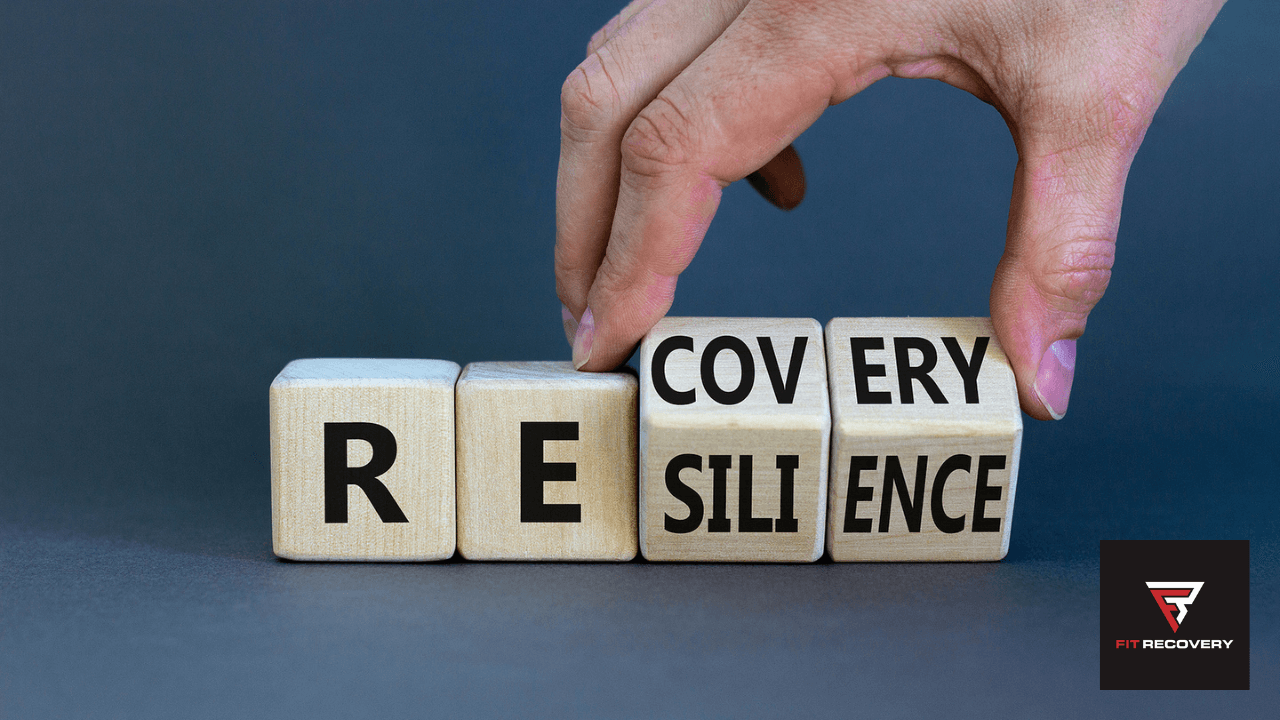The need and demand for resilience-enhancing resources have increased significantly over the past few years, especially with the covid pandemic, the addiction and overdose epidemic, and many other national crises occurring simultaneously. Additionally, the need for shame resilience is also growing in need and demand.
What is resilience? Simply put… resilience is the ability to withstand life difficulties and bounce back from them.
And what is shame? It’s a painful feeling of humiliation or distress caused by the consciousness of wrong or foolish behavior.
By learning how to become more resilient to shame, addiction, and other difficult emotions, circumstances, and challenges, a person can respond to these challenges adaptively (vs maladaptively) and bounce back from them better and faster.
In episode 185 of the Elevation Recovery Podcast, Chris Scott interviews Vira Salzburn, a yoga teacher and Program Director for Safety & Resilience Programs for Chatham County, about the link between shame and addiction, self-compassion as an antidote to shame, shame resilience theory, trauma, addiction, recovery, and a case study on Charlie Sheen’s sobriety using what he calls the ‘Shame Shiver’ for relapse prevention.
Here are some of the main topics discussed in this episode:
- How resilience training gives people tools to break free of addictions and other challenges
- How to regulate your own human nervous system
- Why the need and demand for resilience-enhancing resources has grown in recent years
- How neuroplasticity and rewiring the brain with positive lifestyle adjustments builds resilience
- How to recognize your body’s sensations and be more aware of what is going on
- How to recognize emotions as they come up
- How to make better micro-decisions throughout the day
- How to foster and nurture shame resilience
- What is shame?
- The difference between maladaptive shame and adaptive shame
- When people feel shame about feeling shame
- How shame can make us feel unworthy of love and acceptance
- Why the moment you talk about shame that you feel it often begins to dissolve
- Why the use of self-compassion is a powerful antidote to shame and part of Shame Resilience Theory (SRT)
- Why understanding the neuroscience of addiction can help people to reduce shame they feel from being addicted and behaviors that they did in their addiction
- Why the things we are often blaming ourselves for are opportunities to use self-compassion and to grow
- Case study on Charlie Sheen using an adaptive relapse prevention technique he calls the Shame Shiver to dissolve urges to drink or use
- The importance of a healthy social circle and support system for boosting resilience







